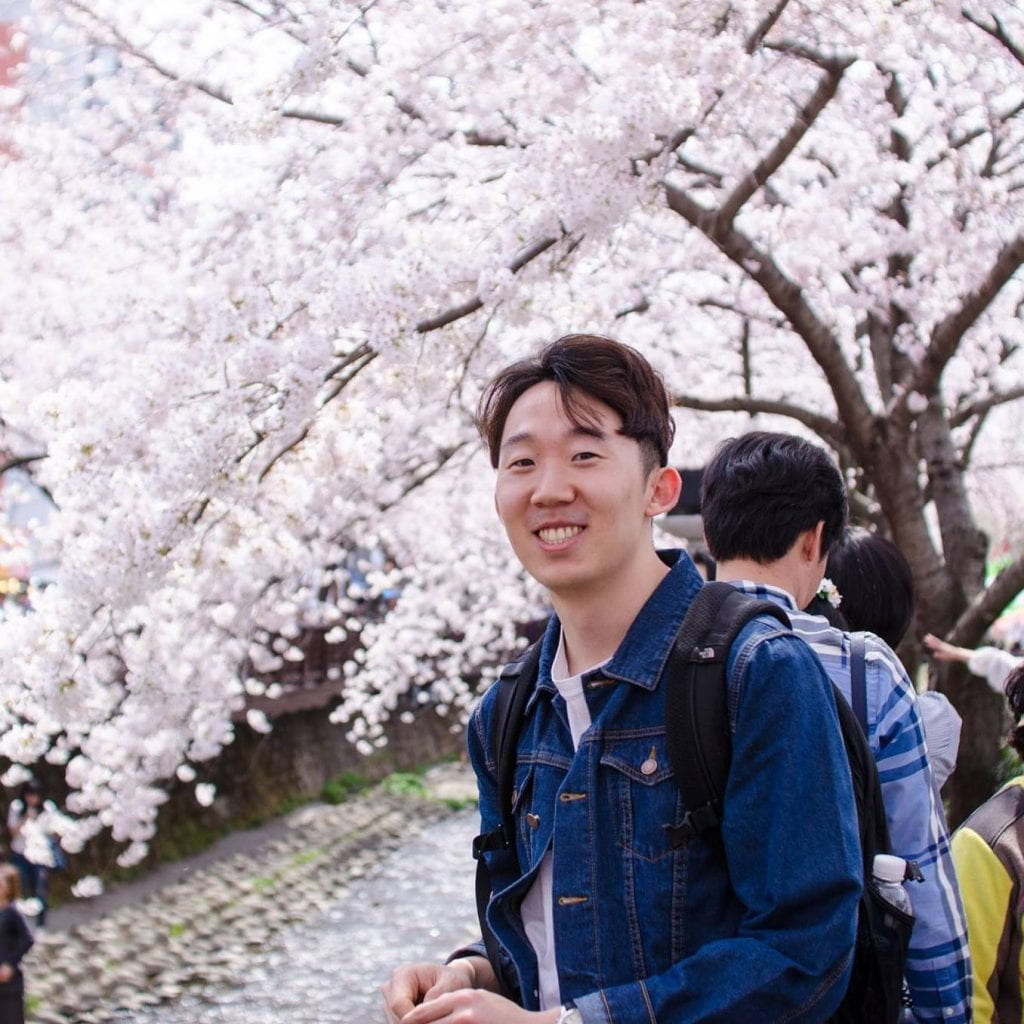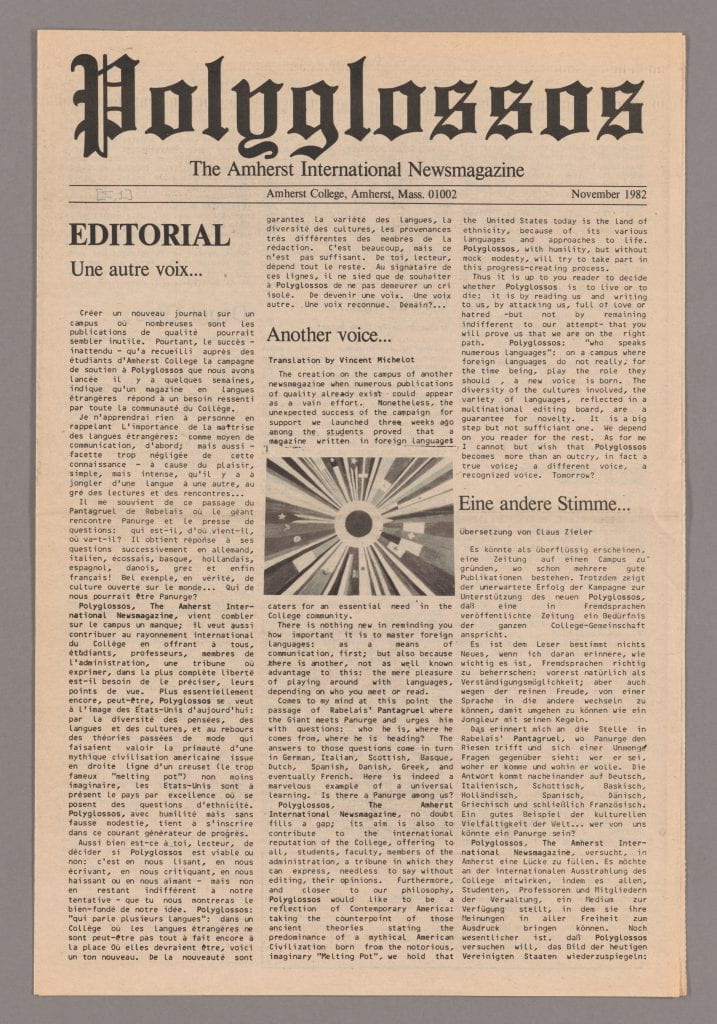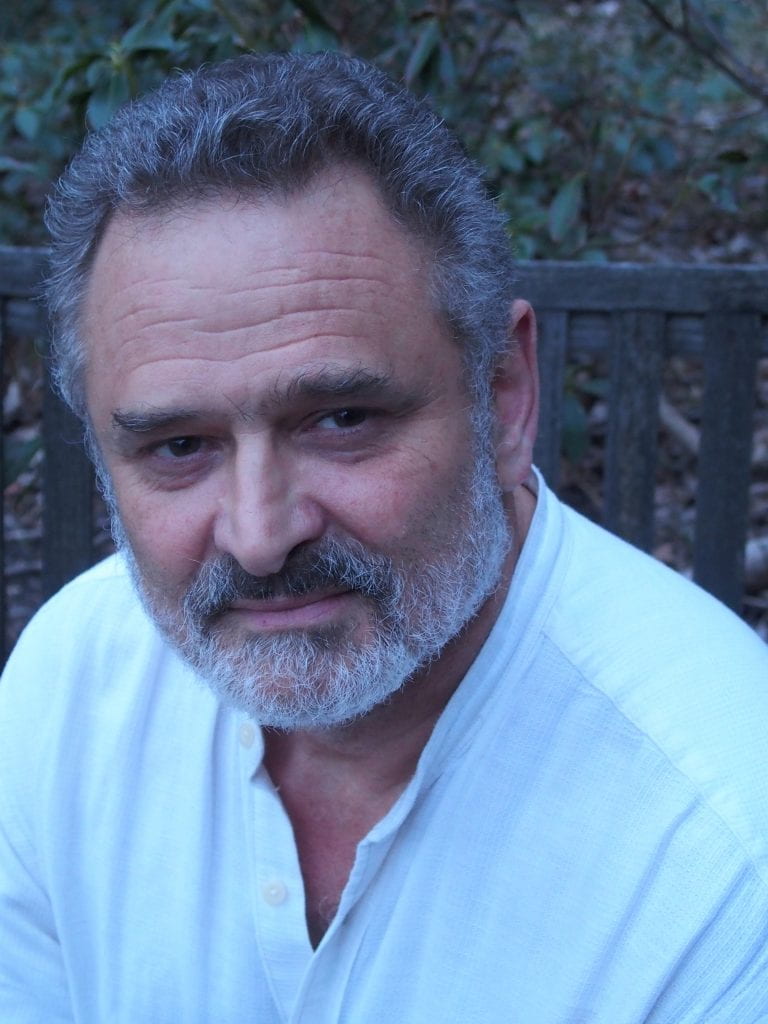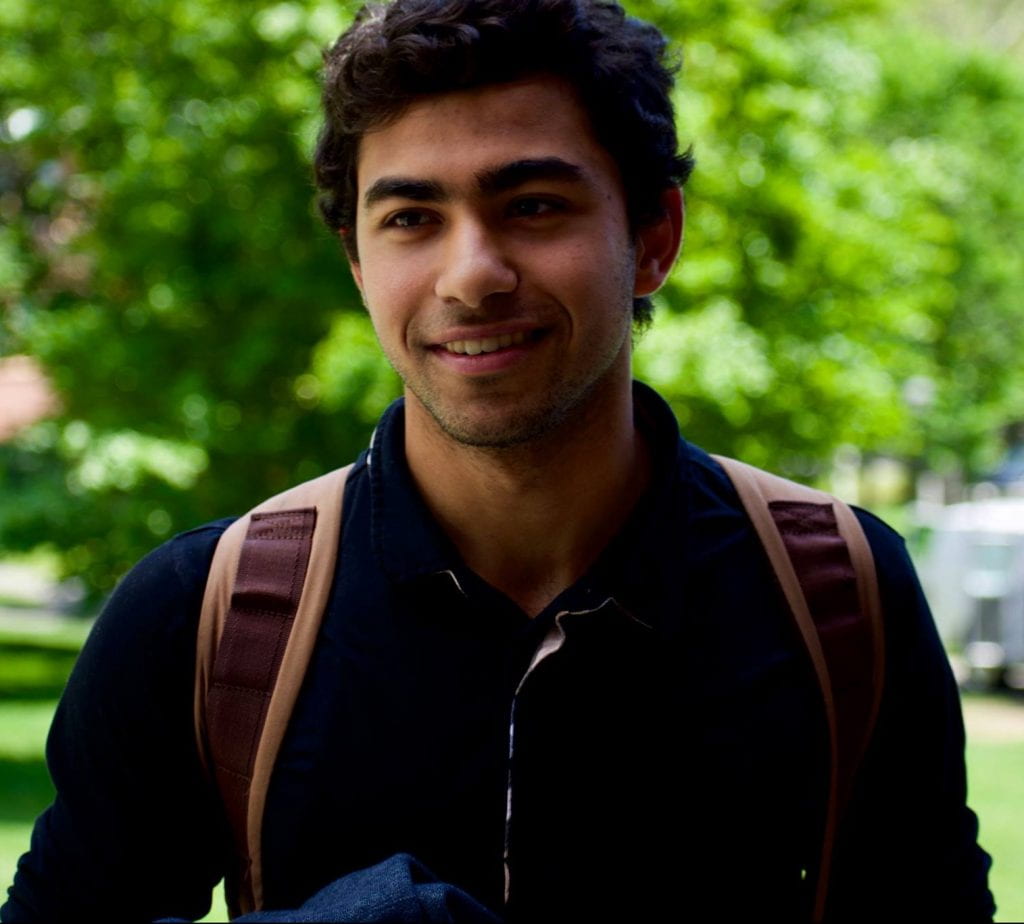My urgency to create in 2015 the First Year Seminar “Crossing Languages and Living in Translation” comes from my own language crossings: my own perils and triumphs as a translator and as a culture intermediary, a person straddling more than one otherness. There was a time when nothing in my schooling told me that my home language was a treasure. So, at Amherst I created a course to bring multilingual students to the realization that their home language is a treasure, and that they are not alone in feeling ambivalent, and perhaps even conflicted and depressed by the pressures of assimilation and linguistic suppression. There was a time when my own developing excellence in public, profitable, powerful mainstream English became the standard I would use to devalue and reject that dear home language I had put aside to focus on English acquisition. So, at Amherst, I created a course to make that mechanism of self-devaluation visible, and to invite students experiencing a similar pattern to rehearse and enact their own interruptions of the numbing spiral.
…Continue Reading Fragments from a Letter by Benigno Sánchez-Eppler






